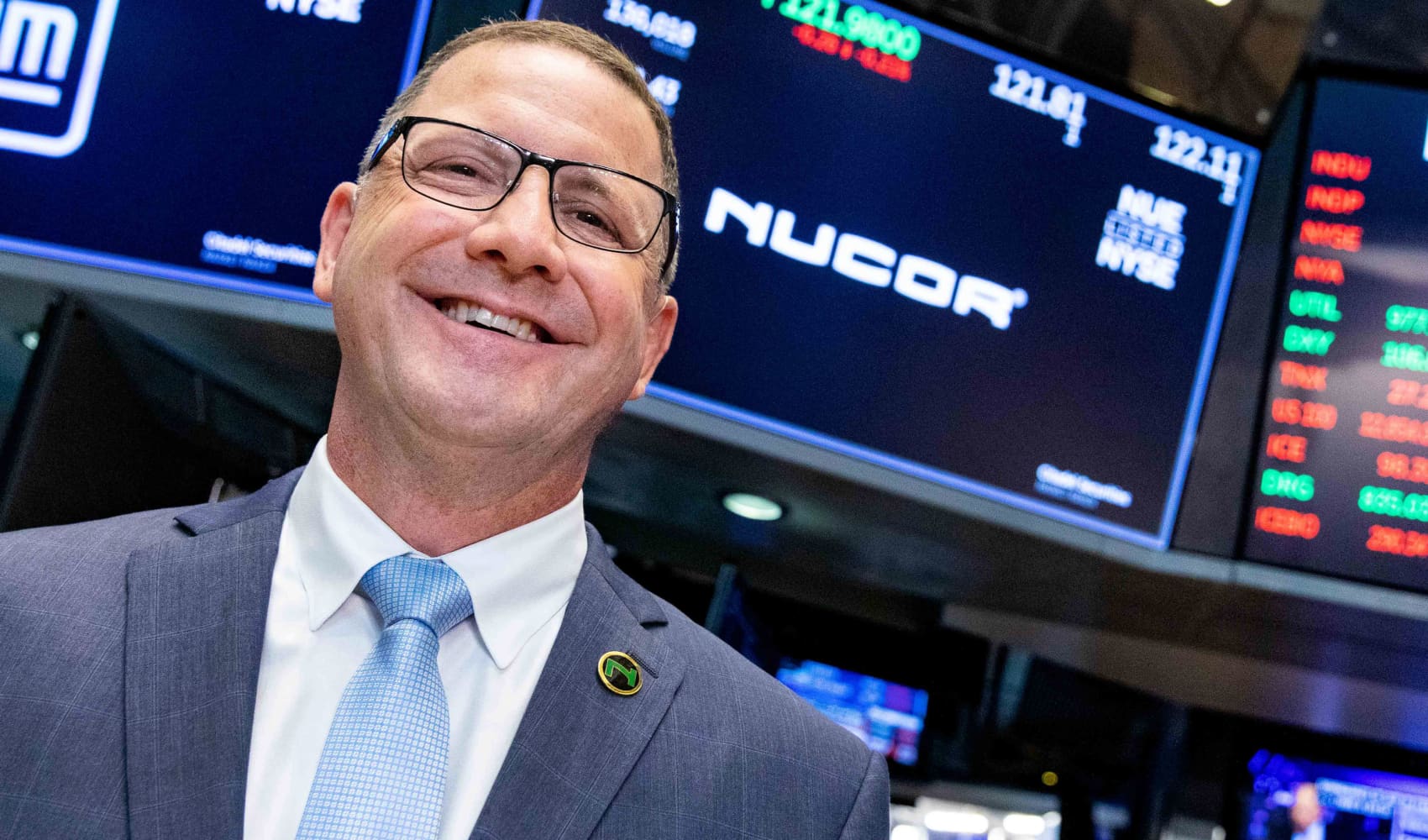
- Coqual, a global think tank, introduced its Black Equity Index, a benchmark that allows companies to track progress on Black equity in the workplace.
- The BEI focuses on six areas: advancement, accountability, representation, investment, sustainability, and public engagement.
- The results of its survey aggregate data from a wide range of industries including technology, financial services, professional services, energy and utilities, and life sciences.
The pandemic and the racial unrest of the past two years have forced companies to look at every aspect of how they work and treat employees. Many have made bold commitments to Black equity within their businesses, pledging to increase diversity within their organizations and most especially at the top.
Coqual, a global think tank, is now making it easier for companies to advance and measure this progress. This week, the organization introduced its Black Equity Index, a benchmark that allows companies to track progress on Black equity in the workplace and improve their practices across shared principles from one year to the next.
The BEI benchmark focuses on companies' efforts towards equity and examines six specific areas: advancement, accountability, representation, investment, sustainability, and public engagement. The survey went out to participating companies in December that collectively employ 230,000 people in the U.S. and over 700,000 people globally.
We're making it easier for you to find stories that matter with our new newsletter — The 4Front. Sign up here and get news that is important for you to your inbox.
While companies have taken the initiative to track and measure Black equity within their organizations, there are limits to only looking at internal data, says Lanaya Irvin, CEO of Coqual.
"We were hearing from companies that they wanted an independent third party to help them track their progress and evolve their practices," she says. The results of the survey aggregate data from a wide range of industries including technology, financial services, professional services, energy and utilities, and life sciences.
The results from the inaugural survey show there's substantial work to be done. While 14% of college graduates in the U.S. are Black, just two of the participating companies have reached 10% Black representation throughout their ranks. Nearly 40% of companies have no Black members on their board, and Black professionals make up only 4% of people managers among the companies surveyed.
Money Report
Backing by the CEO
Irvin says one of the most critical recommendations coming out of the survey results is that Black equity must be a visible and consistent priority of a company's CEO. While 77% of responding companies have a DE&I task force, just 10% are chaired by the CEO, and 55% are led by anyone in the C-suite.
Some progress is being made on this front, Irvin adds. Of the companies surveyed, 62% consider workforce diversity in performance evaluations of senior leaders. However, only 42% link measurable progress on diversity initiatives to executive compensation.
"CEO buy-in and proactive sponsorship of diversity, equity and inclusion are absolutely paramount to the success of these initiatives," she says. "Where a CEO signals that this is a business imperative, that's where you see action."
In Coqual's prior research, Irvin said it found that Black professionals are less likely than others to get promotion opportunities or to have access to senior leaders. What's needed are sponsors within the organization who can advocate for them. More than 80% of the companies surveyed have mentorship programs to give advice, but fewer than half have the kind of sponsorship programs that would give Black professionals the kind of meaningful career development that would help them advance.
Irvin says this first survey proves that companies are committed to Black equity and to doing better.
"They're willing to lean in with courage to see where they fall short and what they can do better," she says. "Each year we'll have more companies in the survey and what they receive is a really nice gut-check around what progress they are making, where there is opportunity for them to do more, and it gives them feedback and guidance. It really proves that saying that what gets measured gets improved."
To join the CNBC Workforce Executive Council, apply at cnbccouncils.com/wec.






